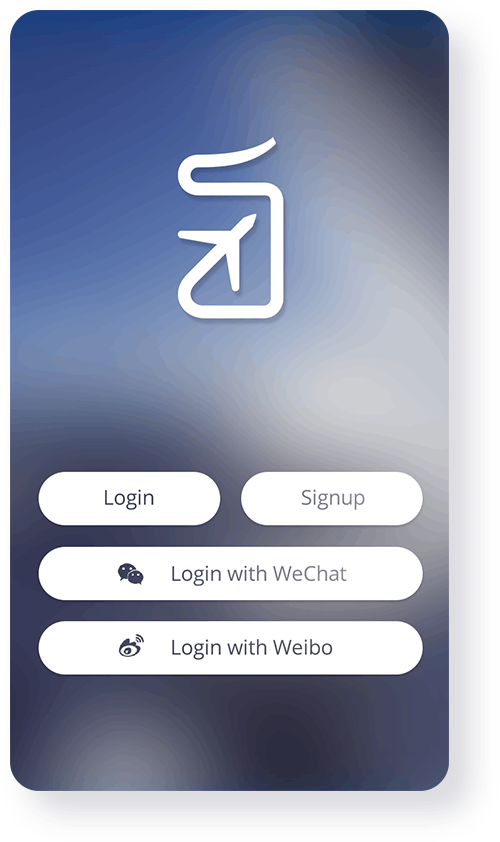
.png)
UX + iOS Application Design
Reinventing the U.S. College Application Experience for 520,000 Chinese Students
Lead UX/UI Designer
ZLX Inc.
Aug 2015 - May 2016
THE CHALLENGE
Design a platform to provide recapitulative college information and effective application strategy services.
THE IMPACT
In late 2016, after using this app to demonstrate the team's vision, 3 venture capital firms expressed their interests in investment.
THE OUTCOME
An information hub that allows applicants to accelerate their decision-making process on target colleges;
A social network that connects applicants with experienced and suitable application strategy consultants;
An education platform that provides customized courses to formulate the best application strategy.
All in one iOS application.

Define the Problem
1 - 2
User Research
5 phone interviews with active applicants revealed the true challenges they are facing.
Scattered, and lengthy information
Surrounded by numerous resources, applicants found themselves more confused and distracted. They need a simple system that delivers recapitulative school information.
Not costly, but ineffective consulting services
Surprisingly, applicants are willing to pay for an effective strategy. The real challenge is to find quality and personalized consulting services.

1 - 3
Refined Problem
Scattered and lengthy information makes it difficult to decide on target colleges.
Ineffective application strategy makes it difficult to apply to target colleges with confidence.
For Chinese students, two major problems make the process unproductive:
Scattered information
Applicants are forced to jump between numerous ranking lists and college news sites to formalize a list of target colleges.
Costly consulting services
A pool of 520,000 Chinese applicants creates a huge market for application consulting. To get a fair quality consulting service, a student needs to spend an average of $20,000 (equivalent to 1/3 of average Chinese family income).

1 - 1
Market Opportunity
The application processes can be sorted into two stages: Decide target colleges and develop application strategies.
I broke them down into steps to explore opportunities for improvement.
Ideate the Solution
2 - 2
Design Process
Sketch

Wireframe

Prototype

2 - 3
Testing & Iteration
4 rounds of guerrilla usability testing sessions exposed several design flaws. I updated the design to reflect the testing feedback.

2 - 1
Required Features
One location with concise information
The general direction is clear, but what information does an applicant truly need? When does he/she need it? Referring back to user data allowed me to answer these questions with details.

I further organized the data into categories to drive design decisions.

Present the Outcome
Color Scheme + Font Family

Open Sans
Feature 2
Customizable Application Strategy


Customer reviews and work preview allow users to pick the right consultants for strategy development.


The up-front list of available skill enhancement courses allows users to purposefully customize their application strategy.


Feature 1
College Info One-stop Shop
Starting with a simple ranking, the app allows users to focus on colleges, not ranking lists. To accommodate additional interests, custom filters are available as well.



By segmenting the information, users can quickly find the information they are looking for.

Feature 1
One-screen Login / Signup
To sign up or log in on the same screen reduces the time spent on registration. Users can start using the application as quickly as possible.

Lesson Learned
The Fall of This Product
The Importance of Persuasion
At the beginning of the development, I constantly reminded them of the importance of understanding users and the importance of design requirements, I even conducted user research alone. UX designers have a lot of opportunities to work with professional or clients from various areas, but that means there are chances that co-workers or clients are not familiar with UX, which leads to the situation that they don't want to invest time to conduct user research or usability testings. As a UX designer, we don't have to force them to admit the value of doing user research or conducting user testings. Instead, what we need to do is to persuade them to let us do our job.
But, how? Yes, it depends.